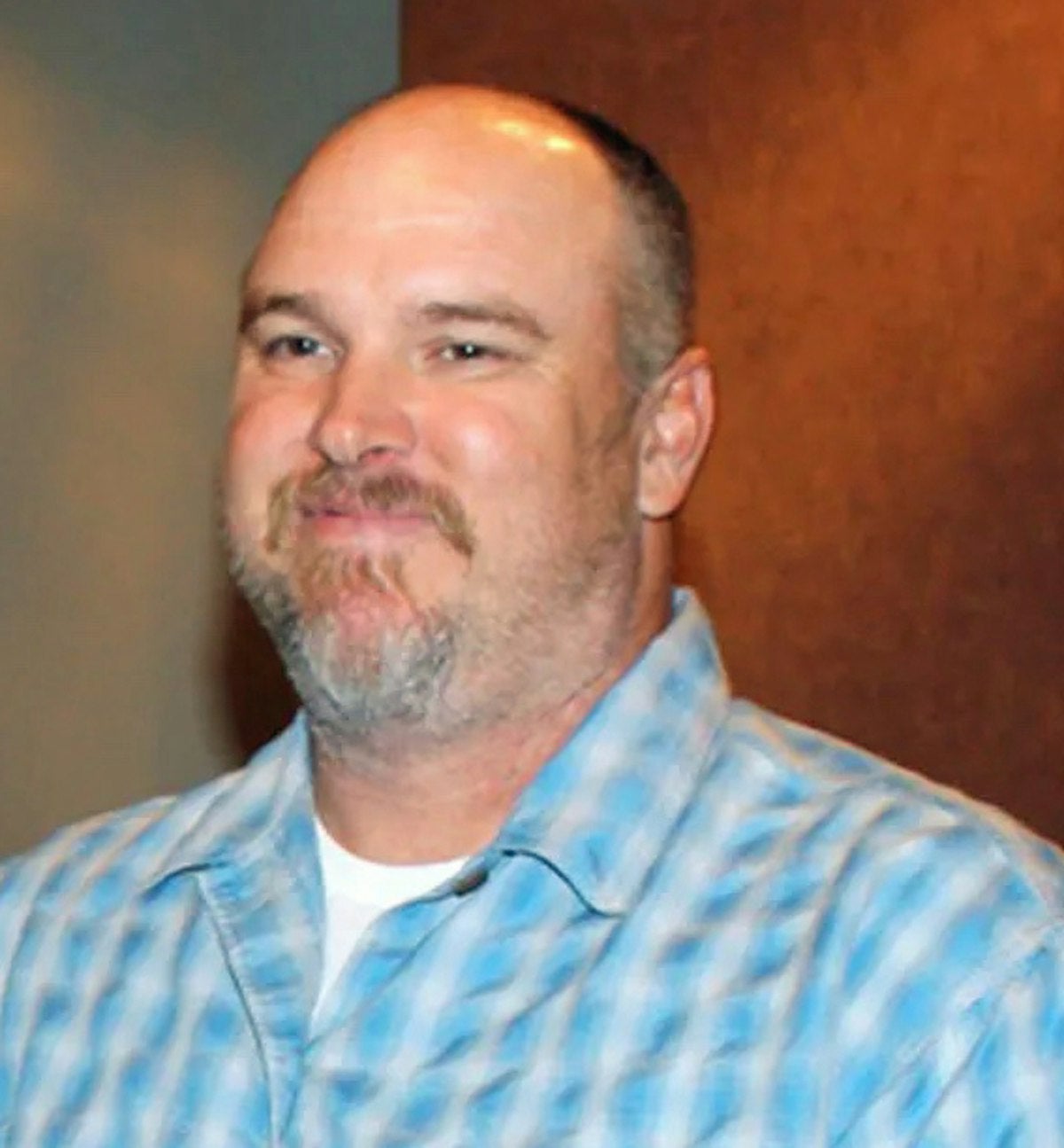Associate professor of information studies to examine barriers to library access for underserved children and families with support from the ALA’s Association for Library Service to Children division.
UCLA Associate Professor of Information Studies Gregory Leazer has been awarded a research agenda pilot grant by the Association for Library Service to Children (ALSC), a division of the American Library Association.
Leazer’s project will address the Diversity, Equity, and Inclusion with Children and Families section of the ALSC Research Agenda, in search of an answer to questions around the barriers to library patronage and participation for underrepresented children and families. His research team includes UCLA alumna Candice Wing-yee Mack (’07, MLIS), managing librarian of the Los Angeles Public Library’s system-wide Young Adult services, and Robert D. Montoya, assistant professor, UCLA Department of Information Studies. Additional support will be provided by the UCLA Laboratory for Libraries, Ethics and Justice. Professor Leazer also plans to utilize data from the Los Angeles Public Library, the Los Angeles County Library, and the California Board of Education.
Leazer’s study will include the importance of school libraries, particularly for underserved populations, and will examine how a lack of library services contributes to diminished literacy and to social and civil isolation, exacerbating other systems of exclusion. He says that various sources of information, such as reliable internet access, parents who read themselves and to children, access to a public library, and access to a good school library, will be examined.
“Losing any one source doesn’t have to be a huge loss for people from different backgrounds,” he says. “For a lot of kids, the school library is the last good place for them to go. All talk aside, one of our main issues is if a good school library is available.”
Leazer says that California’s librarian-student ratio, which is as critical as the teacher-student ratio in classrooms, is far from adequate and that LAUSD school libraries are on par with the statewide measure of librarian to student, and cannot meet even baseline quality levels.
“One of the things I’ve noticed as a parent of kids that went to LAUSD schools, for example, is that library services for a lot of kids are … pretty incomplete,” says Leazer. “At the same time, the Common Core emphasizes research skills. LAUSD is trying to help increase the proportion of students that are ready for college, and the college preparedness curriculum emphasizes independent research skills. So, everyone has highlighted the importance of doing research but the actual provision of library services, where a lot of those research activities would take place… in consultation with sources in the library is lagging behind.”
Leazer notes that the response to the COVID-19 pandemic in universities and academic libraries has outpaced the response from public school libraries, as well as public libraries that are information mainstays for children and families in underserved communities.
“At UCLA, where we have some of the best library services in the world, there’s been a lot of emphasis on what we could do in the digital realm that we used to do through a mixture of services, both with the physical building and digital services,” he says. “The librarians here did a really great job of [providing] access to texts as quickly as possible. The digital services that children have, particularly in public school settings, or even adults who rely on the public library, those services are less comprehensive.
“For [populations] who are vulnerable in the first place, losing a job, losing access to a car, and losing their physical library becomes a really big challenge for them,” says Leazer. We want to look at how well did the libraries respond… to look specifically at digital services in the public school setting. COVID is actually both a challenge and an opportunity to do that. My guess is that they have not been equal to what universities and academic libraries have done.”
Leazer says that the study is in the data-gathering stage and that publications will begin to appear late this summer.
The ALSC Research Agenda Pilot Grant offers seed funds to help develop, conduct, and disseminate emerging research that aligns with priority areas outlined in the ALSC Research Agenda. The six priority areas include: Learning and Development for Young Children and Families, Learning and Development for School-age Children and Families, Diversity, Equity, and Inclusion with Children and Families, Media Mentorship and Technology Use with Children and Families, Impact and Exploration of Literature and Resources for Children, Professional Development for Library Staff to Serve Children and Families.
Professor Leazer is also currently working on a project to establish Kosovo’s first training program for librarians to promote the nation’s cultural institutions and heritage with Professor Montoya and UCLA doctoral student and CSU Northridge instructor Sean Pessin.
